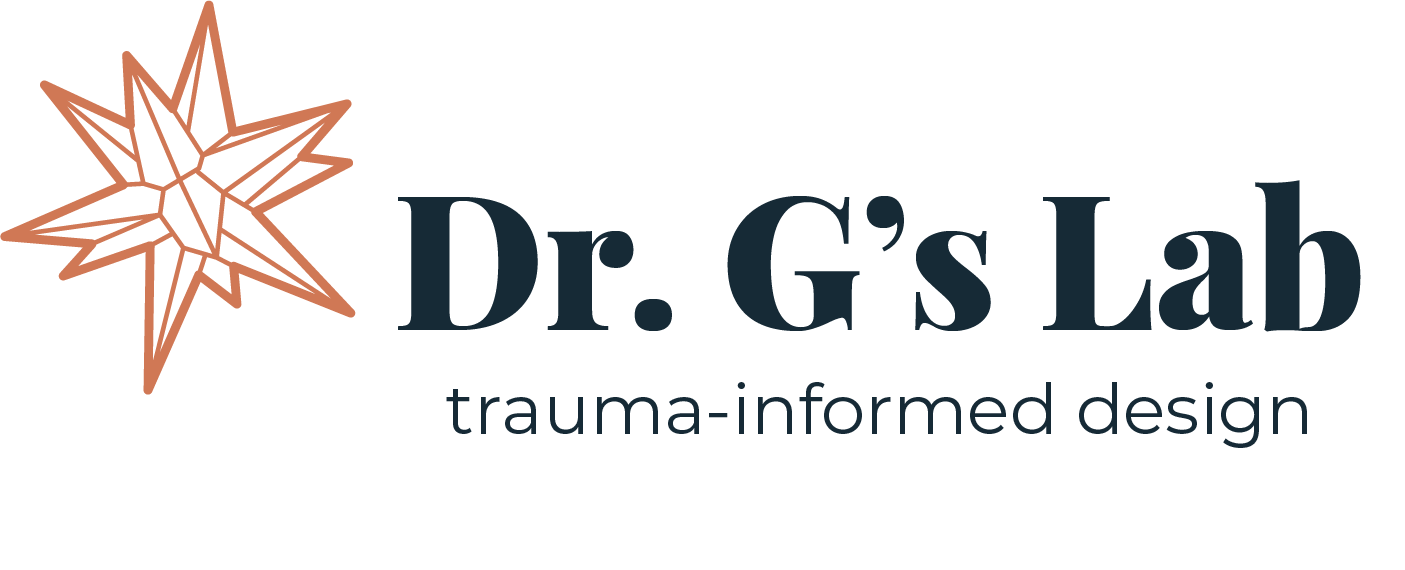The Healing Power of Technology: Supporting Youth Through Trauma-Informed Apps
Technology plays an integral role in our lives, influencing how we communicate, learn, and even heal. Among the various applications of technology, one of the most promising and impactful areas is its ability to support youth dealing with trauma. Trauma-informed apps are becoming increasingly prevalent, offering innovative ways to help young individuals navigate the complexities of their emotional well-being. In this blog post, we will explore the healing power of technology and how trauma-informed apps are revolutionizing the way we provide support to youth.
Understanding Trauma in Youth
Trauma can have a profound and lasting impact on the mental and emotional well-being of young individuals. Adolescence is a vulnerable period where experiences of trauma, such as abuse, neglect, or witnessing violence, can shape a person's life trajectory. It's crucial to acknowledge that not all young people who experience trauma will receive professional therapy or counseling immediately. This is where technology steps in as a valuable tool to bridge the gap in mental health support.
The Role of Trauma-Informed Apps
Trauma-informed apps are designed to provide a safe and accessible platform for youth to cope with trauma and its related symptoms. These apps are rooted in the principles of trauma-informed care, which emphasize safety, trustworthiness, peer support, collaboration, and empowerment. Here's how they can make a difference
Accessible Support: Trauma-informed apps offer round-the-clock access to coping mechanisms and resources. This accessibility is particularly valuable for youth who might be uncomfortable or unable to reach out for help in traditional ways.
Privacy and Anonymity: Many young individuals hesitate to open up about their trauma due to fear of judgment or stigma. Trauma-informed apps allow them to seek support anonymously, promoting honest communication and emotional release.
Personalized Approaches: These apps often use AI and data analytics to tailor content and interventions to each user's specific needs and progress. This personalized approach ensures that youth receive relevant support.
Psychoeducation: Trauma-informed apps educate users about trauma, its effects, and coping strategies. This knowledge empowers youth to better understand their experiences and make informed choices.
Peer Support Communities: Some apps offer virtual peer support communities where youth can connect with others who have similar experiences. This sense of belonging and understanding can be immensely therapeutic.
Examples of Trauma-Informed Apps
Headspace: While primarily known for meditation and mindfulness, Headspace also provides content addressing trauma and stress management, making it accessible to a wide audience.
Calm Harm: Designed for individuals struggling with self-harm urges, Calm Harm offers techniques and activities to divert their attention away from harmful behaviors.
Youper: Youper is an AI-powered emotional health assistant that helps users track their emotions, identify patterns, and provide evidence-based interventions for various mental health challenges, including trauma.
Crisis Text Line: This app connects users in crisis with trained crisis counselors via text messaging, providing immediate support and resources for those who need it most.
Conclusion
Technology has the potential to be a powerful force for good when it comes to supporting youth dealing with trauma. Trauma-informed apps not only break down barriers to accessing help but also empower young individuals to take control of their healing journey. As these apps continue to evolve and improve, they hold the promise of making a significant impact on the mental and emotional well-being of our youth. By embracing technology in this way, we can create a more inclusive and supportive environment for those who need it most.
In a world where digital solutions are increasingly prevalent, let's recognize the healing power of technology and harness it to create a brighter future for our youth.
